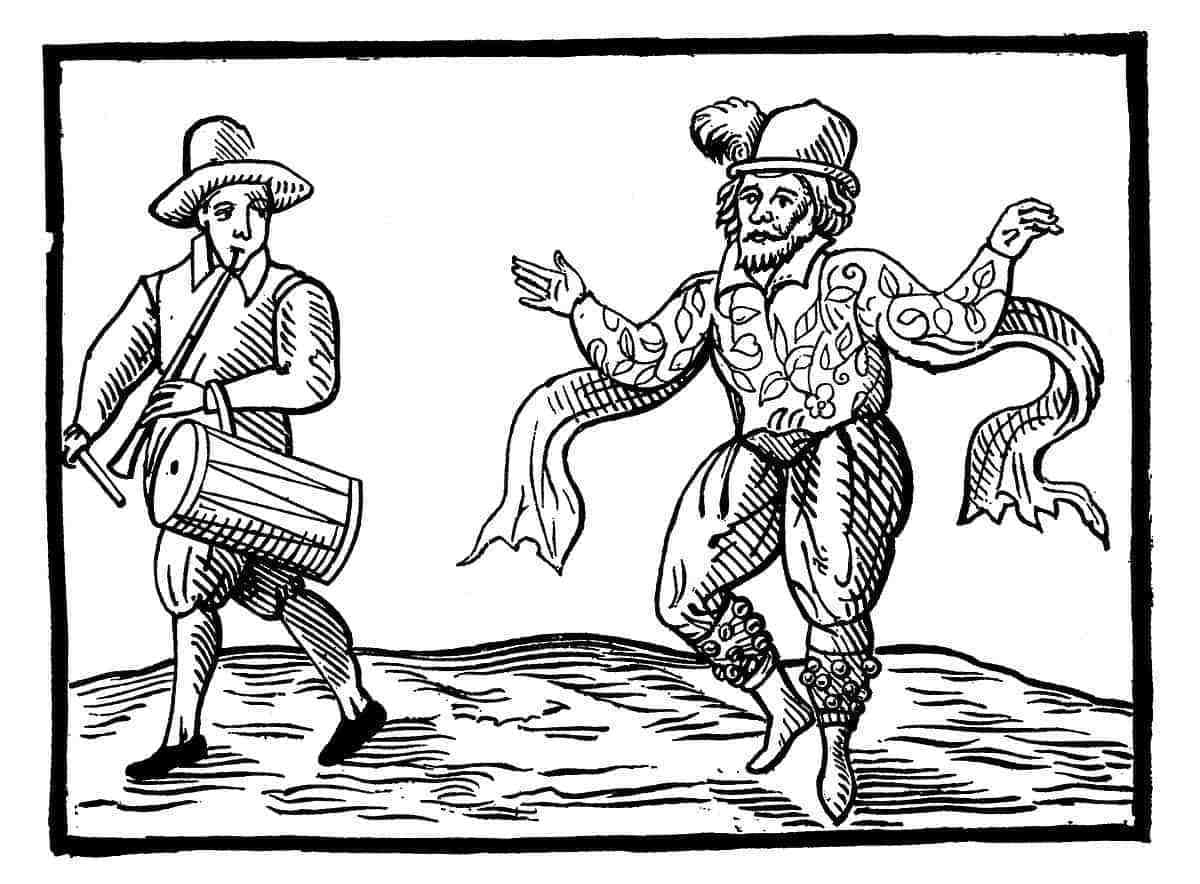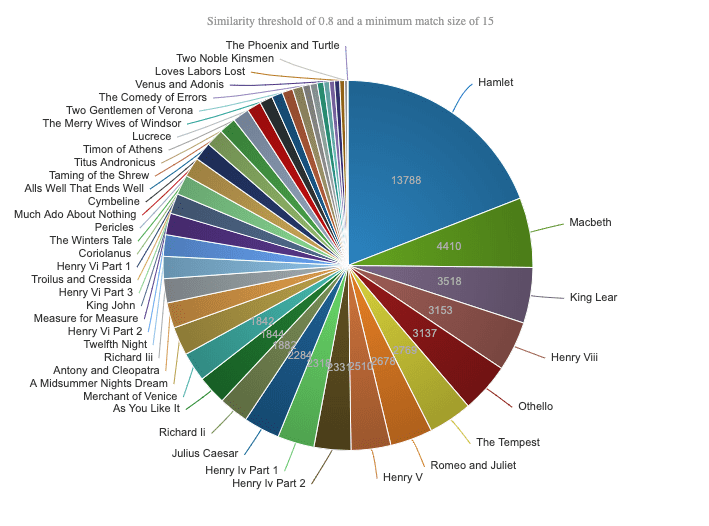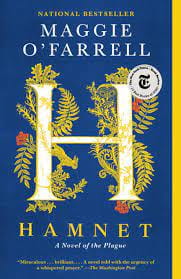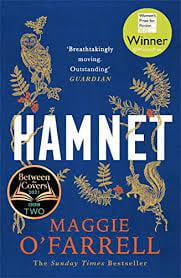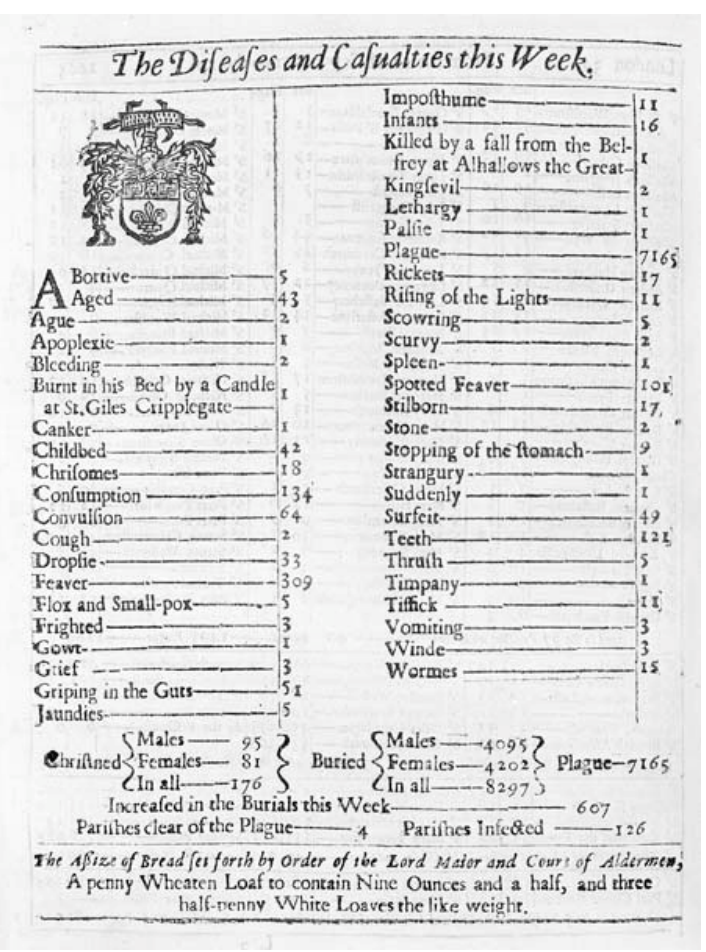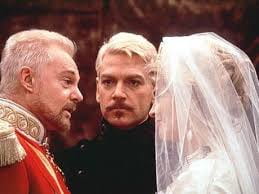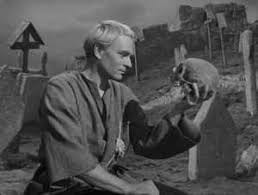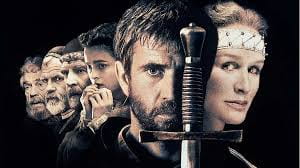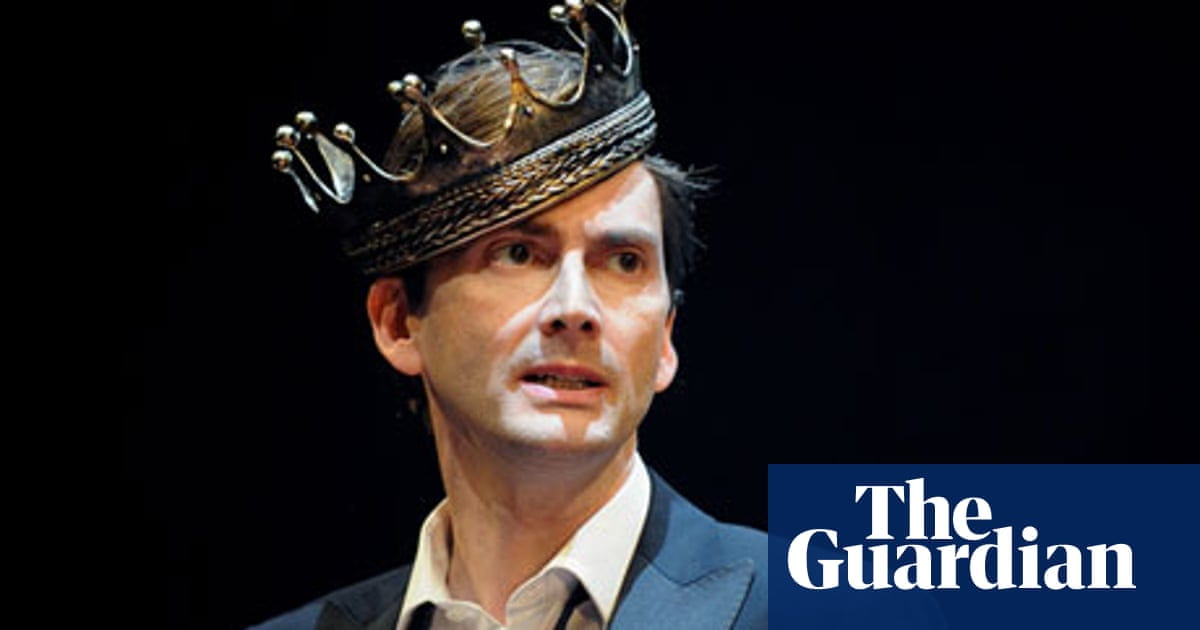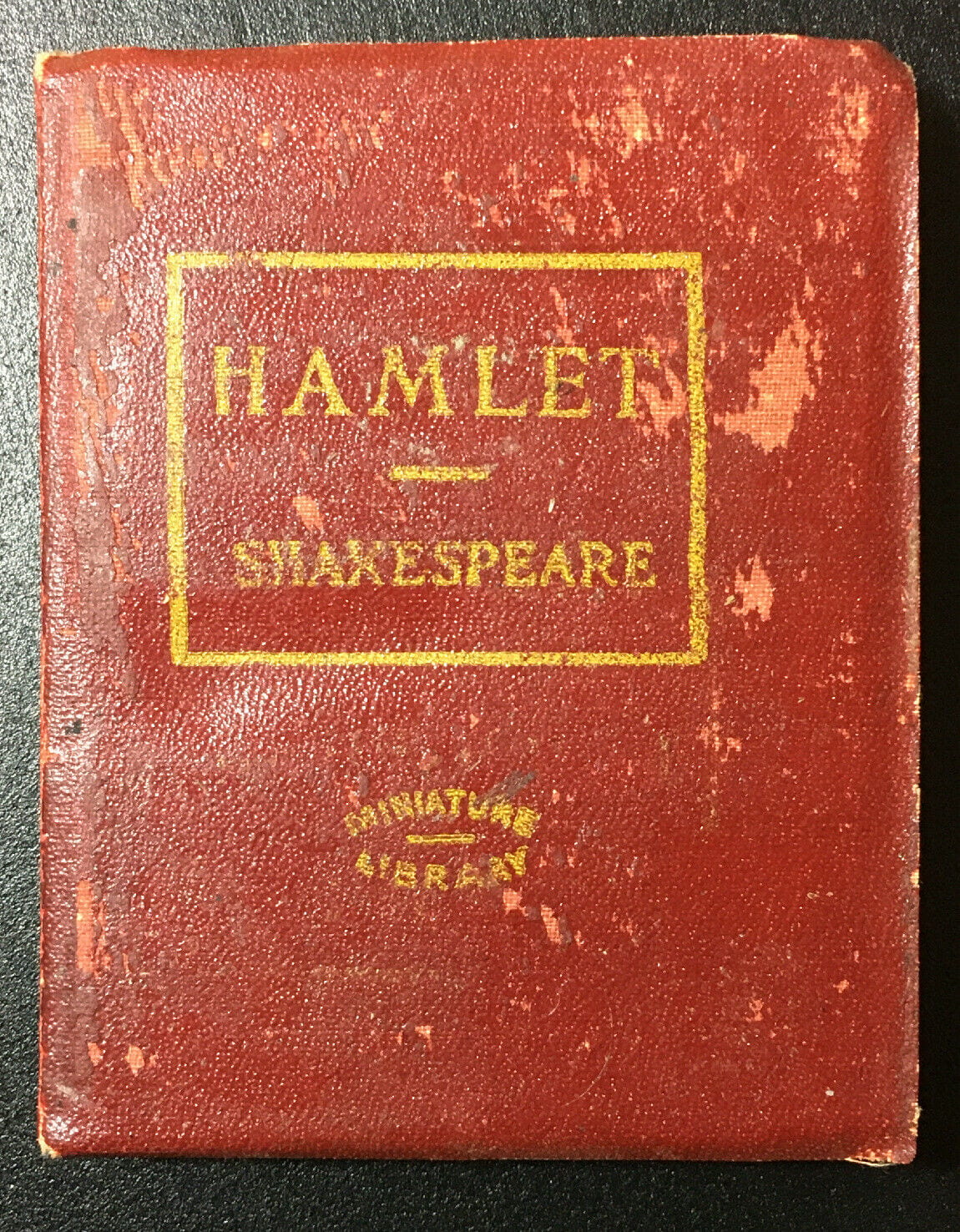Spring 2025 syllabus



 The prompt book from an 1874 staging of Hamlet by English actor and manager Henry Irving (1838–1905), in which he experimented with using limelight (burning calcium oxide) to represent the ghost.
The prompt book from an 1874 staging of Hamlet by English actor and manager Henry Irving (1838–1905), in which he experimented with using limelight (burning calcium oxide) to represent the ghost.
Nicholas Rowe on Shakespeare, 1709:
It is at this Time, and upon this Accident, that he is said to have made his first Acquaintance in the Play-house. He was receiv’d into the Company then in being, at first in a very mean Rank; But his admirable Wit, and the natural Turn of it to the Stage, soon distinguish’d him, if not as an extraordinary Actor, yet as an excellent Writer. His Name is Printed, as the Custom was in those Times, amongst those of the other Players, before some old Plays, but without any particular Account of what sort of Parts he us’d to play; and tho’ I have inquir’d, I could never meet with any further Account of him this way, than that the top of his Performance was the Ghost in his own Hamlet.
Hathaway Cottage, Stratford
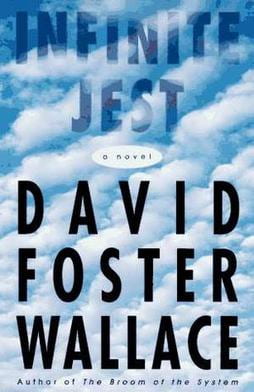
OpenSource Shakespeare (tool for searching all his works)
|
Hamlet (2000). Ethan Hawke |
|
Hamlet (1996). Kenneth Branagh |
|
Hamlet (1948). Lawrence Olivier |
|
Hamlet (1990). Mel Gibson |
Hamlet [composed by Brett Dean] (opera) – Medici.tv
Hamlet [directed by Simon Godwin] – Digital Theatre +
Hamlet [directed by Jeffery Kisson] – Digital Theatre +
Hamlet [Directed by Antoni Cimolino] – Digital Theatre +
Hamlet [directed by Robin Lough] – Alexander Street Press
Horatio’s Hamlet [directed by Jay Woelfel] – Alexander Street Press
Hamlet [directed by Eric Weinthal, Dug Rotstein] – Alexander Street Press
Commedia Dell’Arte Hamlet [directed by Nick Havinga] – Alexander Street Press
Article / Hamlet and the Ghost- A Joint Sense of Time
Tine and the Apocalypse in Hamlet
Kronberg Castle, from Nicklas Gose:
Johnston Forbes-Robertson
Henry Ainley
Michael Redgrave
Laurence Olivier
Peter O’Toole
Derek Jacobi. -1996
Kenneth Branagh. 1996-2017
Tom Hiddleston 2017-present
Here’s a clear and helpful guide on how to quote Shakespeare.
And here’s the same professor’s clear guide on quoting prose.

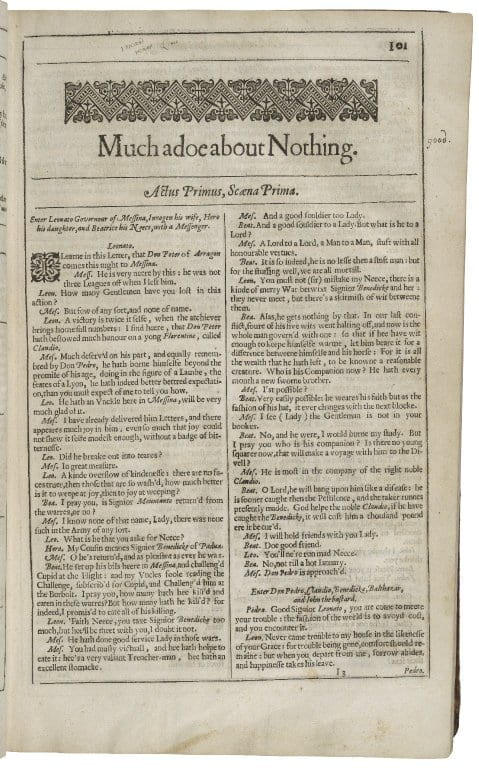

“Moral Injury”: perpetuating, failing to prevent, bearing witness to, or learning about acts that transgress deeply-held moral beliefs and expectations.
Common among combat veterans who have violated their own moral codes when they kill or witness others killing and being killed
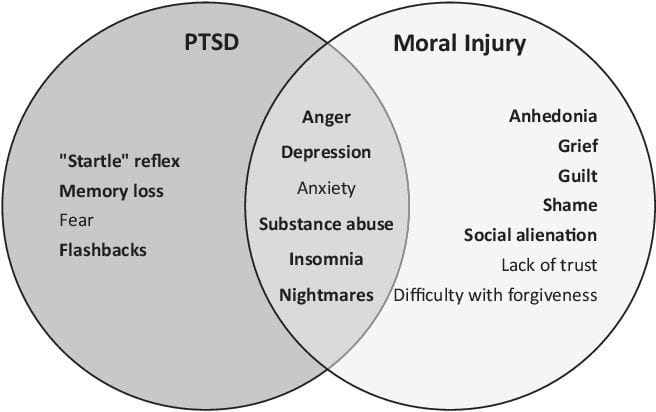
Bill Bryson on Shakespeare 2007

